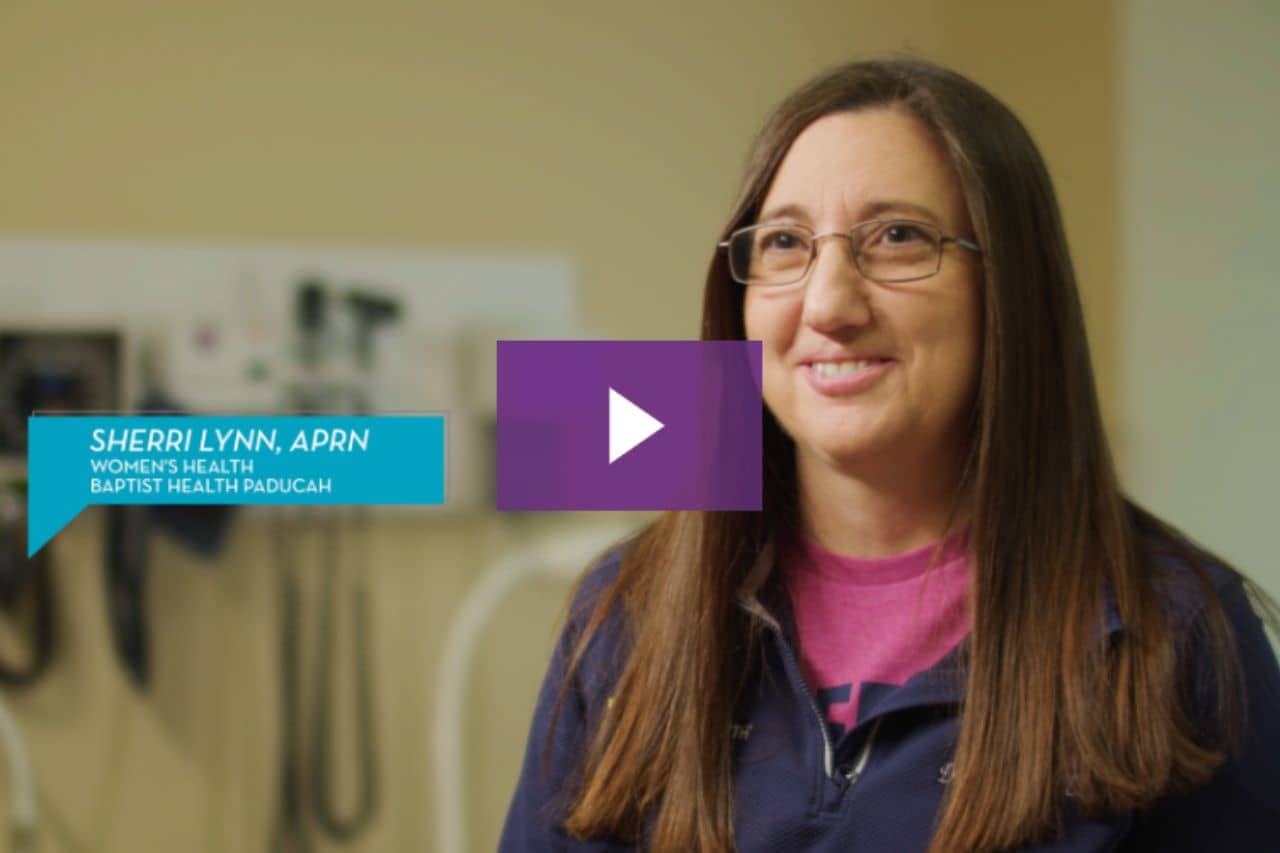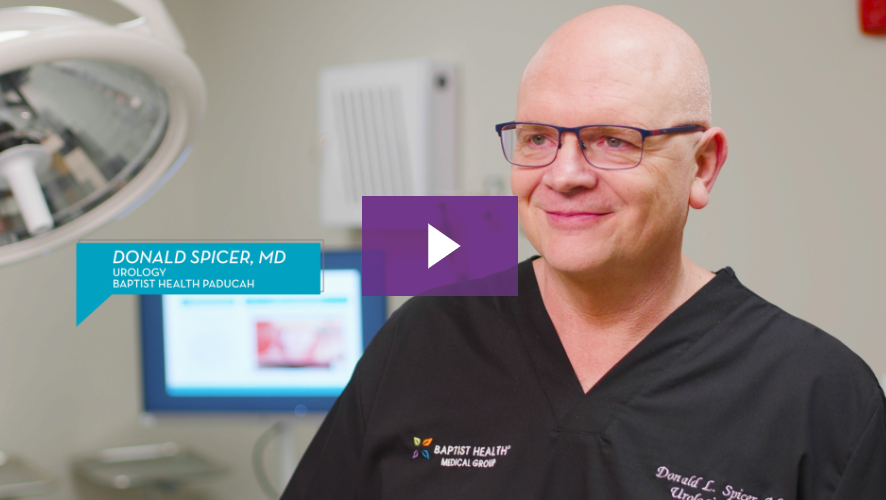♪ [music] ♪
- [Dr. Faulkner] Patients that qualify for
transcatheter aortic valve replacement are
usually categorized as having severe
native aortic valve stenosis.
In common terms, the aortic valve that the
patient was born with is now degenerating
to a point where it's no longer
functional, and so, because of that,
the patient will develop symptoms,
things like chest pain,
shortness of breath,
even light-headedness, dizziness,
or passing out.
- [Dr. Lopez] The traditional, or the gold
standard answer for many years
has been the surgical valve,
and that's where somebody undergoes the
classic division of the breast bone,
which can be a big barrier for some folks.
- A transcatheter aortic valve
replacement, or TAVR,
is a minimally invasive way to replace a
patient's aortic valve.
TAVR is new to Baptist Health Paducah.
It's the first time that a procedure like
this has been performed in this area.
Historically, these patients who have had
to undergo transcatheter aortic valve
replacement have had to travel long
distances to be able to get
this procedure done.
So now we're able to keep these patients
local and in our region.
- The importance of having TAVR in Paducah
is a very important thing.
We can take on that more complex,
more high-risk patient that some maybe
even thought that they couldn't
go through the operation,
or they didn't want to leave our city.
Now we can offer that therapy in a very
advanced, you know, people call it big
city therapy, but we can offer that here,
locally, and I like to say in our small
town with a real personal touch,
but you still get that big city care.
♪ [music] ♪



